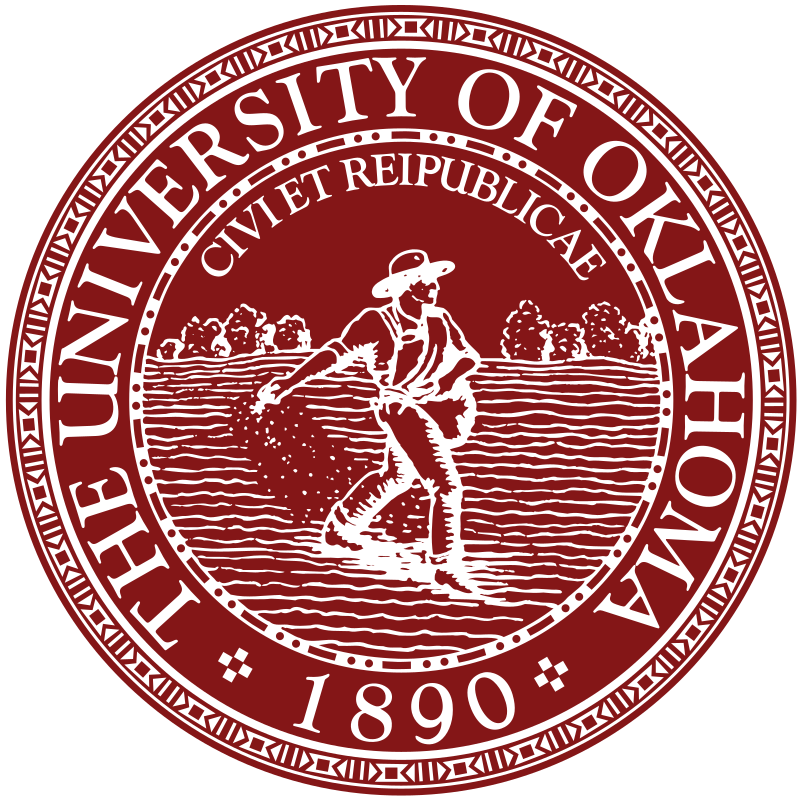The medieval Middle East was the most ethnically, religiously, and linguistically diverse literate society in the premodern world. For intelligible institutional reasons, graduate study in our field often encourages specialization in one or another ethnic, religious, or linguistic group rather than examining medieval people’s mutuality and distinctions as lived experiences of social history. Recognition of various forms of diversity is increasingly important in many fields of history, but apart from several important works on the early Islamic period, such recognition is only starting to inform the study of the medieval Middle East after 750 CE. This workshop invites early graduate students (considering their options for research topics) to discuss the place of various forms of diversity in the region and consider topics which cross the communal and linguistic boundaries imposed on premodern history by most graduate education today. The goal is to expose graduate students to the region’s diversity early in their academic trajectory to allow them to acquire the skills necessary to pursue wide-ranging research.
The workshop will invite graduate students to present a proposed topic for future research, while introducing participants to often overlooked evidence and scholarly resources for exploring diversity in the medieval Middle East. The workshop will also introduce participants to the Historical Index of the Medieval Middle East, a new NEH-sponsored digital history project to enable searching across selected primary sources in a wide range of languages.
The workshop will take place May 16-20, 2022 via Zoom, and the number of graduate participants is limited, though there is no cost for participation. Faculty participants include Thomas A. Carlson (Oklahoma State University), Margaret Gaida (Caltech), Andrew Magnusson (University of Central Oklahoma), and Jessica Mutter (Central Connecticut State University). Masters or early PhD students interested in any part of the Middle East (from Cairo to Samarqand and the Black Sea to Yemen) between the seventh and fifteenth centuries CE are welcome to apply.
Inquiries and applications should be sent to Thomas A. Carlson
Applications must include:
- A cover letter explaining the applicant's interest in medieval Middle Eastern diversity and current state of thinking about future research projects (two double-spaced pages maximum)
- A CV, mentioning language skills (two pages maximum)
- A current graduate transcript (official or unofficial) from the applicant's current institution
For further information, please click the "LINK TO ORIGINAL" button below.
